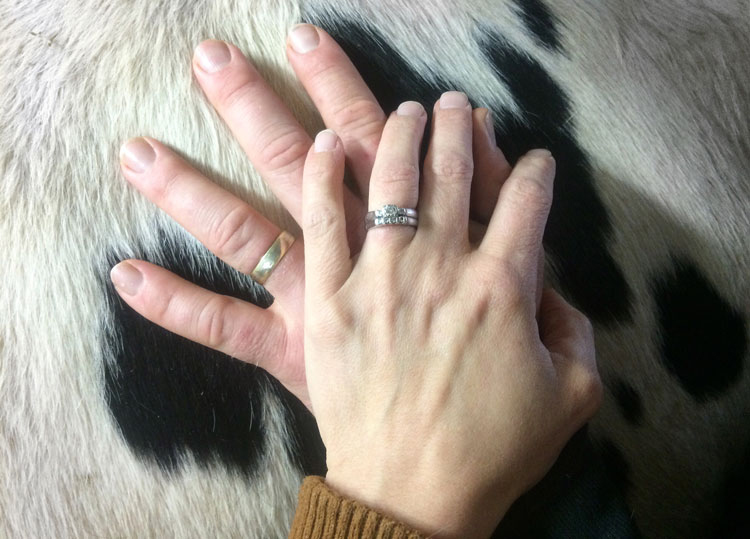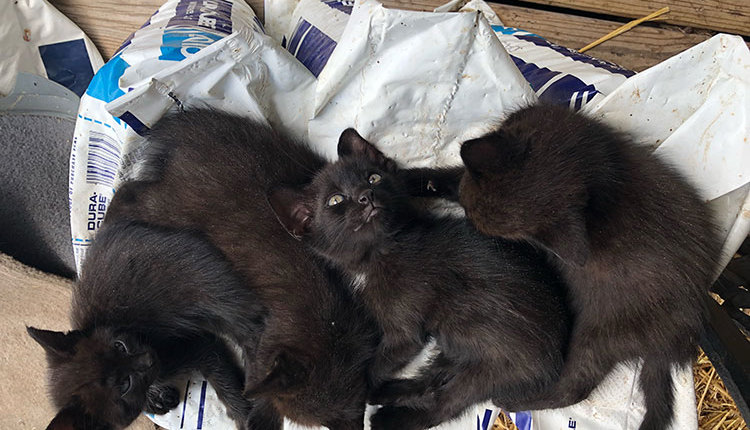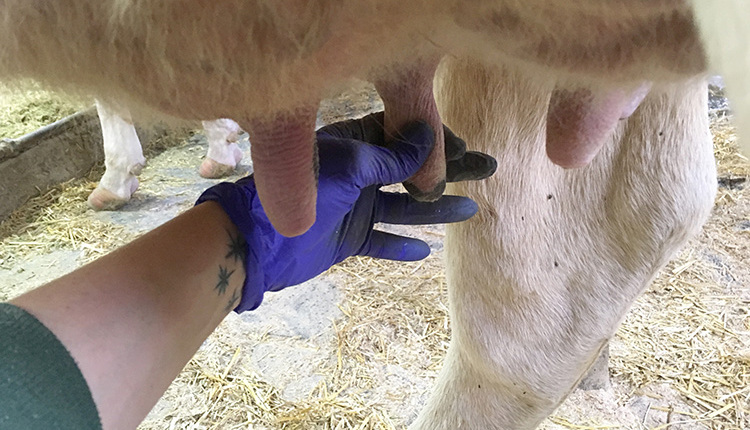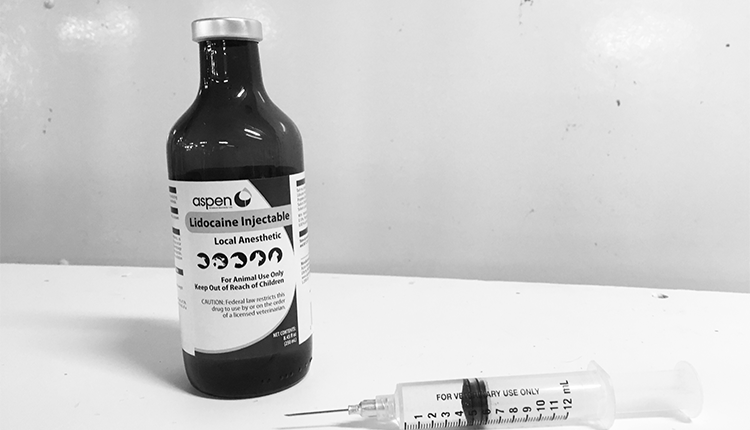
My husband, Glen, and I will celebrate 15 years of marriage later this year. For 12 of those 15 years, we have been dairy farming together.
We’ve learned a thing or two (or three) about taking care of our marriage while also taking care of our cows and crops.
1. Compromise
Every marriage requires blending two different sets of values. Couples who farm together often have to combine two different philosophies on farming, as well.
I take a lot of pride in the fact that, in many ways, our dairy farm represents the best of the very different dairy farming systems Glen and I grew up with.
This hybrid system required a lot of compromise. Compromise is often associated with accepting lower standards . . . for us, compromise meant accepting something different than what we were accustomed to.
I can remember sitting in the haymow, bawling my eyes out, the first winter day we kept the cows in the barn overnight. I was accustomed to housing cows outside, but that wasn’t an option on our new farm. We needed the cows’ body heat to keep the waterlines in the barn from freezing.
I didn’t need to be concerned, though. Glen had a lifetime of experience with housing cows inside. We used his experience to create the best environment possible for keeping our cows comfortable.
On the flip side, Glen had relatively little experience grazing dairy cattle before we started farming. Now, grazing is an integral part of our farming system.
2. Communication
I know this sounds cliché, but clear communication really is essential for married couples. Yet, it’s so easy to slip into subpar communication habits.
Part of the issue is that farming couples spend a lot of time together — far more than our married counterparts with nonfarming jobs. After awhile, we tend to assume our partner should automatically understand what we mean when we speak (or gesture), but we all know what happens when we assume.
Planning is another area where communication is essential. A quick conversation in the morning about the day’s plans can prevent a lot of issues.
We had a hiccup right after I upgraded from an old school phone to a smartphone. Not because I was spending more time with my phone than my hubby . . . that’s a real issue for some couples . . . but because I started using the calendar on my phone instead of the paper calendar in our kitchen. Glen said not being able to see the week’s activities . . . everything from the kids’ activities to my meetings . . . made him feel like he was out of the loop. Now I keep track of activities and events in both places.
3. Compassion
There are three little words that, when used appropriately, can make all the difference in a marriage.
The words aren’t “I love you.” They’re even easier to say than that.
When your partner gets kicked by a cow or a gate falls on their foot or they smash their thumb with a post maul, show a little compassion and ask, “Are you OK?”
Yes, it might be clear that they’re OK because they’re still standing, but save the tough love for somebody other than your spouse. “Are you OK?” sends the message that “I care about you and your well-being.”
Ninety-nine times out of 100, the incident victim will feel just fine physically within minutes, but a little compassion will leave them feeling loved for the rest of the day.
And nothing beats feeling loved.
Happy Valentine’s Day!

The author is a dairy farmer and writer from central Minnesota. She farms with her husband, Glen, and their three children. Sadie grew up on a dairy farm in northern Minnesota and graduated from the University of Minnesota with a degree in agricultural communications and marketing. She also blogs at Dairy Good Life.








